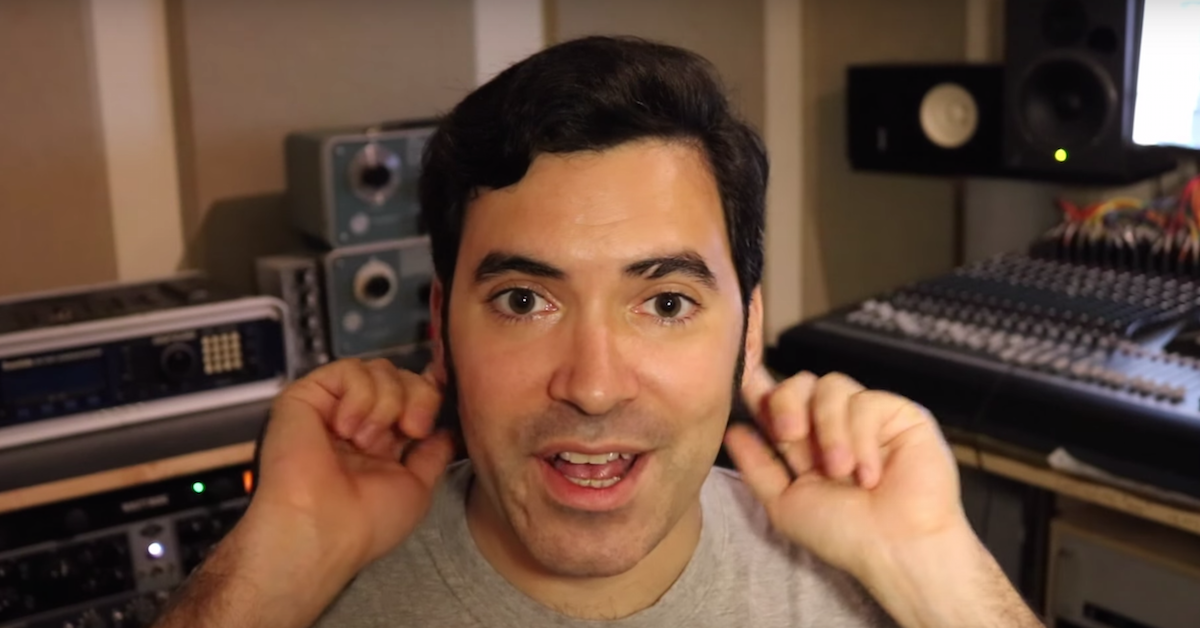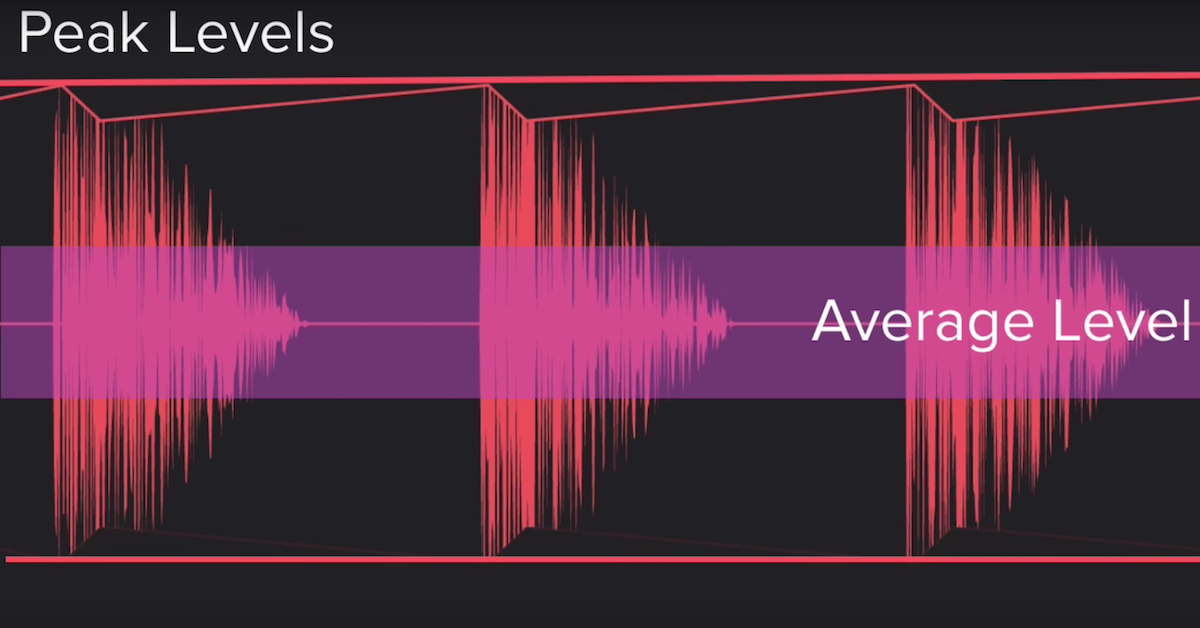5 Important Aspects of Songwriting to Consider
Article Content
In a world where music is so plentiful and readily available, thanks to the World Wide Web that has birthed YouTube and other streaming services, many composers or songwriters have found themselves under pressure to churn out the “Next Big Hit,” with hopes of attaining career propulsion or industry recognition without contributing negatively to the clutter of accessible content out there.
While I have no experience in writing this “Next Big Hit” (I write cinematic music under a specific umbrella of post-rock for publishing companies), I’d like to share what I believe to be tools any composer or songwriter could benefit from.
1. Vision
Composers (unless you are scoring for film or commercial entities and have very specific guidelines) often have full autonomy over the creative process when it involves songwriting. Sometimes, this limitless freedom can instead ensnare them, causing a lack of focus or direction. This constantly results in dissatisfaction with the end product. This is where vision comes in.
In the songwriting journey, the vision or inspiration for each song can be likened to a compass. Recognizing what you intend to achieve is extremely important. How many of us have had great ideas for songs, but the final piece turns out to be entirely different from what we had in mind?
I’ve been there, I know.
Another important thing to ask: who/what are you writing this song for/about?
2. Arrangement
Song structure is something that’s often talked about, but as composers or songwriters, there’s much more to this than meets the eye. When we talk about arrangement, it goes beyond the whole ‘verse-chorus-verse-chorus-bridge-chorus-chorus’ notion. That sets the framework for a piece and that’s necessary, but you already know that. I’d like to go a little deeper and talk about instrumentation.
For example, you might (and should) ask yourself the following: are there going to be guitars on this track? Electric? Acoustic? Classical guitars? How many? What kind of tone are we going for? (This opens another can of worms. Guitarists would understand.) Which part of the song do they come in? What notes are they playing? Will they fit the theme of this piece? Will they enhance the piece and bring out the specific flavor we’re aiming for?
And that’s just for one instrument alone.
There’s a lot to think about, really. Not many of us can simply write a poem, add a tune to it, and call it a great song from the get go – in my opinion, not in a world where songwriting tools are easily within reach anyway. Anyone with a cracked version of FL Studio and a MIDI Keyboard can create music, so the trick is therefore identifying, what will make you stand out or different from the crowd?
Your song/instrumentation arrangement most certainly would.
3. Production
Songwriting or composing is often never independent from the production process. This too, is part of arrangement. Things like EQ and panning have great effects on the overall product and should not be neglected or isolated to the audio engineers/producers.
Producers and audio engineers exist to assist songwriters in translating the vision they have in their heads into reality. This may be difficult if there is no relationship between the individuals and often results in a guessing game – especially if the parties have different musical backgrounds, and therefore different interpretations of the piece.
My suggestion would be to find a producer or audio engineer that understands your vision – work with him or her consistently, review the end product and stick with that individual for the long haul.
4. Self-Awareness
Consider this – how well do you understand yourself and can you tailor that to your songwriting workflow? Are you the kind of person that can churn out a song from the moment of inspiration? Or are you like me, an individual that needs time to have each section of a song worked out from hours or days of contemplation? Do not be afraid to write something and leave it alone for a while before coming back to it.
Legendary guitarist of Deep Purple, Ritchie Blackmore once said in an interview that he constantly struggles with memorizing the notes he writes. Anyone who has caught him playing live will recognize that apart from a signature “hook” or element of the song, Mr. Blackmore constantly improvises his guitar solos, and while some might discourage doing so, that is his strength and it has worked especially well for him.
Similarly, recognize yourself and the average time you need to write a song. Plan for it. Organize your calendar if you have a day job or other priorities in the way. Recognize what works for you and what does not. This will increase your efficiency and productivity in many ways. This works for just about anything.
5. Open Mindedness
As creative individuals, we are often told to learn from the works of the more “successful” people in our field. This point is so important, yet we tend to focus only on the products of these guys. We fail to examine their workflow and ask what makes them successful beyond their musicality. Is there a habit or two we can learn from the way they conduct themselves? Is there a lifestyle of theirs we could emulate?
As we listen to their music, what is it about their song that makes them stand out? Could it be the production quality? Take apart their music (not literally), and write down what makes the track catchy. What is the main “hook” of the song? Often, this is not just isolated to the lyrics (if any), but the musicianship of the instrument players that are backing the vocalist. Is the bass guitar grooving wonderfully alongside sitting in the pocket with the kick drum? You get the idea.
Lastly, listen to a wide variety of genres; even genres that you do not particularly enjoy. There’s always something new to learn from every song.






